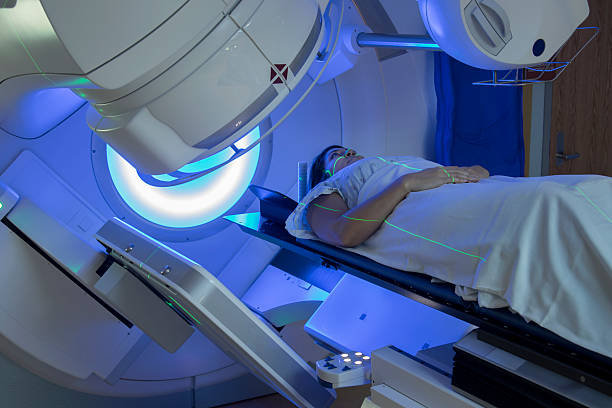In the quest to improve cancer treatment, researchers are constantly exploring new and innovative approaches. This article delves into some emerging cancer treatment approaches that hold promise for the future.
1. Oncolytic Viruses: Targeting and Destroying Cancer Cells
Oncolytic viruses are engineered to selectively infect and replicate inside cancer cells, leading to their destruction. These viruses can also stimulate the immune system to mount an anti-cancer response.
Several oncolytic viruses, such as talimogene laherparepvec (T-VEC), have been approved for the treatment of melanoma, and ongoing research is investigating their efficacy in other cancer types.
2. Nanotechnology: Precision Drug Delivery
Nanotechnology involves using tiny particles to deliver drugs directly to cancer cells, minimizing damage to healthy tissues. Nanoparticles can be engineered to carry chemotherapy drugs, targeted therapies, or imaging agents.
This approach allows for precise drug delivery, enhanced therapeutic efficacy, and reduced side effects. Ongoing research aims to optimize nanoparticle design and improve their targeting capabilities.
3. Epigenetic Modifiers: Restoring Normal Gene Function
Epigenetic modifiers are drugs that can alter the activity of genes without changing the underlying DNA sequence. These drugs can restore normal gene function in cancer cells, potentially reversing the abnormal growth and proliferation associated with cancer.
Epigenetic modifiers, such as DNA methyltransferase inhibitors and histone deacetylase inhibitors, have shown promise in certain cancers, including hematological malignancies, and ongoing research is exploring their broader application.
4. Metabolic Targeting: Exploiting Cancer Cell Metabolism
Cancer cells have distinct metabolic characteristics that differ from normal cells. Metabolic targeting aims to exploit these differences by developing drugs that specifically interfere with cancer cell metabolism.
This approach can potentially starve cancer cells of essential nutrients or disrupt their energy production. Various metabolic targets, such as glucose metabolism and glutamine addiction, are being investigated for their therapeutic potential.
5. Liquid Biopsies: Non-Invasive Cancer Monitoring
Liquid biopsies involve analyzing a patient’s blood or other bodily fluids to detect and monitor cancer. These tests can detect circulating tumor DNA, proteins, or other biomarkers that indicate the presence of cancer.
Liquid biopsies offer a non-invasive alternative to traditional tissue biopsies and can provide valuable information for treatment decisions, monitoring treatment response, and detecting early signs of recurrence.


